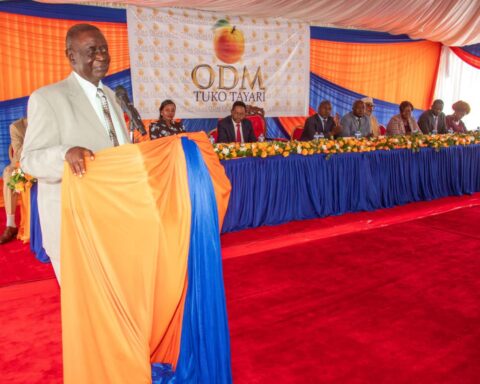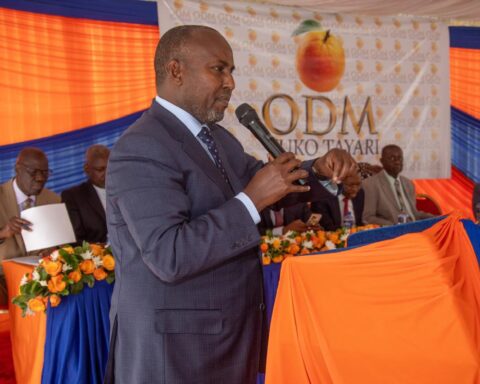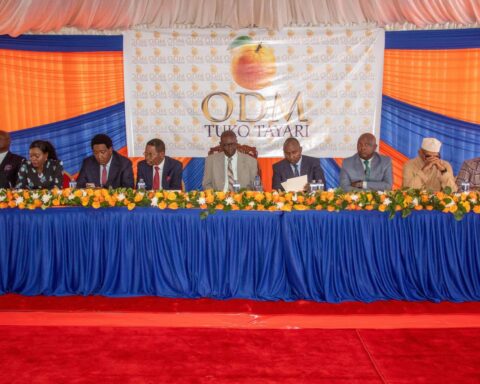The Kenyan constitution lays out clear processes for recalling Members of Parliament (MPs) and impeaching top government officials such as the President, Deputy President, or Governors.
However, a closer look reveals a startling contrast: recalling an MP is far more difficult than impeaching a Deputy President, a fact that raises questions about the original intentions of the constitution’s framers.
The recall process for an MP is rigorous and demanding. For instance, a recall can only be initiated by a voter from the constituency or county represented by the MP.
Additionally, grounds for recall are highly specific, such as a violation of Chapter 6 of the Constitution, mismanagement of public resources, or conviction of a criminal offense. Even if these grounds are met, the process cannot proceed without a High Court judgment confirming the allegations. This judicial step alone can take years due to Kenya’s slow-moving legal system, making it almost impossible to recall an MP in a timely manner.
On top of that, the recall process is constrained by strict time limits: an MP cannot be recalled within the first 24 months or the last 12 months of their term, effectively limiting the recall window to a mere two years.
In stark contrast, a Deputy President or Governor can be impeached multiple times during their term, as evidenced by the ongoing impeachment attempts against various leaders. Furthermore, an MP can only face recall once during their term, adding yet another layer of protection to their position.
One of the most striking challenges is the requirement to gather signatures from at least 30% of the registered voters in the MP’s constituency. In larger constituencies, this can amount to hundreds of thousands of signatures—an impossible feat without significant resources.
Meanwhile, impeaching a Deputy President requires the support of just 233 MPs in the National Assembly and 45 Senators in the Senate, making the process quicker and less cumbersome.
This disparity between the processes raises important questions about whether the framers of the constitution intended to make it harder to remove MPs than high-ranking officials like the Deputy President.
The easier path to impeaching a Deputy President could potentially destabilize the executive branch, while MPs—who are directly accountable to their constituents—are protected by a nearly impenetrable legal shield. As the constitution is applied in real-world political scenarios, such contradictions could undermine its very purpose: to serve as a check on power and a safeguard for democratic governance.









